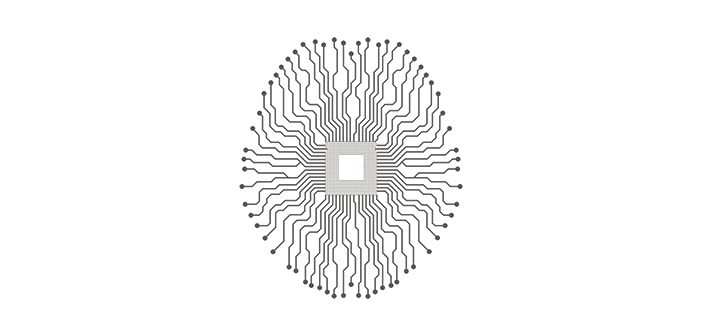Unexpected rewards improve memories of specific events, which may have implications for treatment of depression.
Researchers have discovered that instances in which outcomes are better than expected—finding an unexpectedly good parking spot, for example, or spotting a $20 bill on the sidewalk—improves memories of specific events. This is in addition to the long-established role that unexpectedly good outcomes have in influencing what are called integrated memories.
Remembering where you parked your car this morning is an example of specific episodic memory, while remembering good places to park in general is an example of an integrated memory.

“Our new finding is that incidental, irrelevant details from specific events—whether the tree I parked beside was a spruce or a maple—are also strengthened by unexpectedly good outcomes,” says Matt Nassar, PhD, an assistant professor of neuroscience and the corresponding author of the study, which was published in Nature Human Behaviour. “This finding has potential ramifications for how people with depression remember things, which is a focus of our future research. We’d like to be able to develop potential therapies for patients, but we’re not there yet.”
Since reward-prediction error—the formal name for that instances in which outcomes are better than expected—involves the release of the neurotransmitter dopamine in a specific brain area, the findings unveil new implications for treating depression, which has been linked to imbalances in key neurotransmitters including serotonin, norepinephrine, and dopamine.
This means that someone with depression may not encode positive memories as effectively as an individual without depression, says Nassar, who is affiliated with Brown’s Carney Institute for Brain Science. And when someone with depression looks back on past events, they might remember the negative events better than the positive events, which has the potential to spur a negative feedback loop, he says.
Continue reading here.




